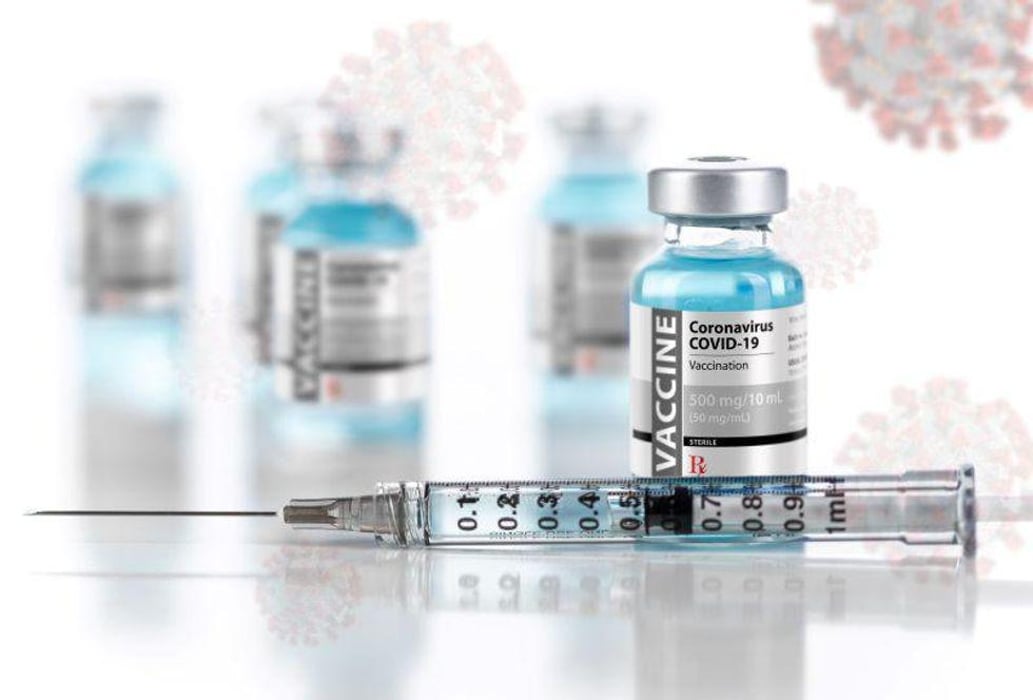COVID Protection Wanes After 2 Doses of Pfizer Vaccine: Study

THURSDAY, Nov. 25, 2021 (HealthDay News) -- Protection can gradually fade after a second dose of the COVID-19 vaccine by Pfizer-BioNTech, which suggests that a booster shot might be necessary, researchers report.
They analyzed data from more than 80,000 adults in Israel, average age 44, who had no previous evidence of infection and who had received a PCR test at least three weeks after their second shot of the two-dose Pfizer vaccine.
Across all age groups, 1.3% tested positive 21-89 days after a second dose, increasing to 2.4% after 90-119 days; 4.6% after 120-149 days; 10.3% after 150-179 days, and 15.5% after 180 days or more.
Compared with the first 90 days after a second dose, the risk of infection was 2.37-fold higher after 90-119 days; 2.66-fold higher after 120-149 days; 2.82-fold higher after 150-179 days, and 2.82-fold higher after 180 days or more.
The study, published Nov. 24 in the BMJ, was conducted at the Research Institute of Leumit Health Services in Israel. In December 2020, Israel became one of the first countries to introduce a large-scale COVID-19 vaccination campaign, but the country has seen a resurgence of infections since June 2021.
COVID-19 vaccination programs worldwide are helping control the spread of the coronavirus, but breakthrough infections still occur in countries with high vaccination rates, and scientists believe this is due to a gradual loss of vaccine-induced immunity over time.
While this study confirms that the Pfizer vaccine offers strong protection in the initial weeks after vaccination, it also suggests that protection declines over time for some people.
Because this was an observational study, the researchers said other factors such as household size, population density or virus strain may have had an effect on protection offered by the vaccine.
However, they feel the findings are solid because it was a large study of people who received the same vaccine and the investigators were able to conduct a detailed analysis of the data.
Because protection in people who received two doses of the Pfizer vaccine appeared to decrease and the risk of breakthrough infection increased over time, it might be a good idea to consider booster shots, they concluded.
More information
The U.S. Centers for Disease Control and Prevention has more on COVID-19 vaccines.
SOURCE: BMJ, news release, Nov. 24, 2021
Related Posts
Anaphylactic Shock: What It Is, Causes, Symptoms & Treatments
WEDNESDAY, May 10, 2023 (HealthDay News) -- If you or someone you know...
Social Media Checking Behaviors in Teens Linked to Brain Changes
TUESDAY, Jan. 3, 2023 (HealthDay News) -- Social media checking behaviors in...
AHA News: Clot-Removing Procedure Appears Safe for Pregnant Stroke Patients
MONDAY, Sept. 20, 2021 (American Heart Association News) -- Physically removing...
La metformina, un fármaco para la diabetes, decepciona en un nuevo ensayo clínico sobre el cáncer de mama
JUEVES, 26 de mayo de 2022 (HealthDay News) -- Un histórico ensayo clínico...
